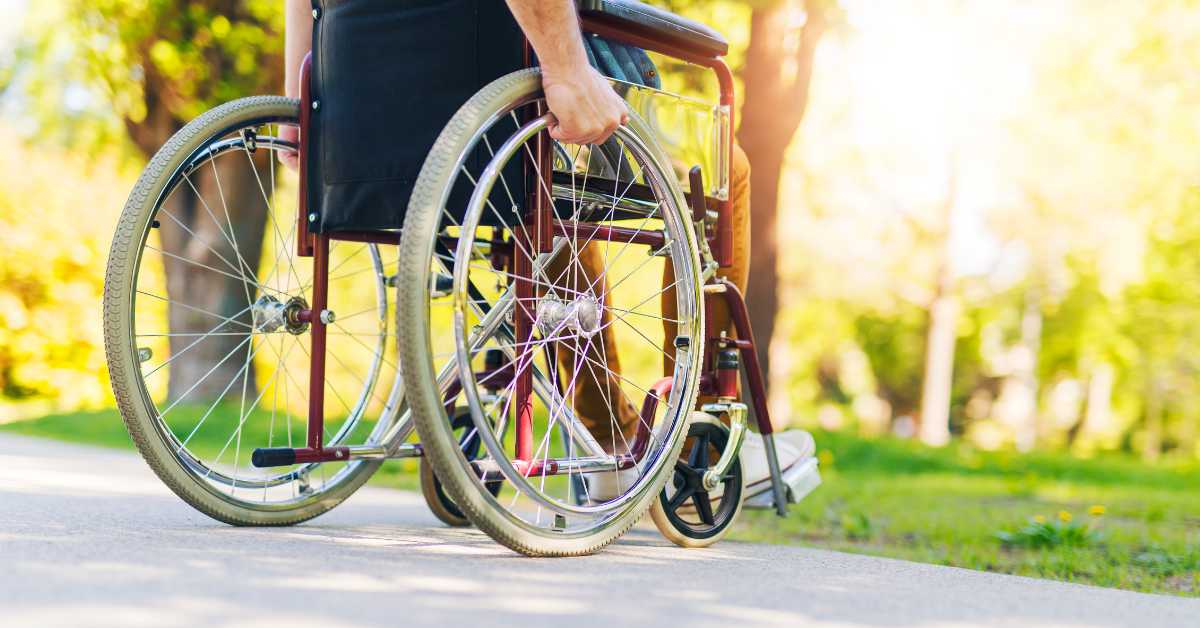For those who are suffering from a disability, supplemental income from Social Security Disability (SSD) benefits can be an important lifeline. However, if you have already been approved for benefits, it is important to know what circumstances could cause your benefits to stop.
For help appealing a denied Social Security disability benefits claim, our team of experienced legal professionals can guide you through the process and help you get the benefits that you rightfully deserve and need. If you or someone you love is struggling to get the help they need from the government, contact our Social Security disability benefits lawyers in Phoenix today.
Call 1-800-503-2000 to get started.
According to the Social Security Administration (SSA), your benefits should continue as long as you are disabled, but there are two main factors that can cause the Administration to believe that you are no longer disabled and therefore it will stop paying you benefits. Benefits can stop if:
- You begin working at a level that the SSA considers substantial
- Your medical condition improves so that you no longer match the administrations definition of disabled
The SSA believes that most people would prefer to work rather than live off of disability benefits. For this reason, they try to make the transition back into the working world as smooth as possible. Through work incentives, you can continue receiving your monthly benefits for a certain amount of time while you attempt to work full-time. However, if you begin working at a substantial level, your benefits will stop.
Similar to your ability to work, if your condition improves so that you are no longer disabled, your benefits will stop. You are required to report any improvements in your condition to the SSA, but they will also review your medical condition periodically depending on the severity of your disability.
Additionally, once you reach retirement age, your disability benefits will stop and your retirement benefits will begin.
Get Help Appealing a Denied Claim-Call Today
For a free consultation, call 1-800-503-2000 or complete a Free Case Evaluation form.


